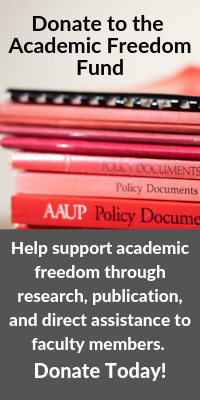The Association views the use of diversity, equity, and inclusion (DEI) criteria in faculty recruitment, promotion, and retention within a broad vision of higher education for the public good. Since the 1990s, many universities and colleges have instituted policies that use DEI criteria in faculty evaluation for appointment, reappointment, tenure, and promotion, including the use of statements that invite or require faculty members to address their skills, competencies, and achievements regarding DEI in teaching, research, and service. Such criteria are one instrument among many that may contribute to evaluating the full range of faculty skills and achievements within a diverse community of students and scholars.



